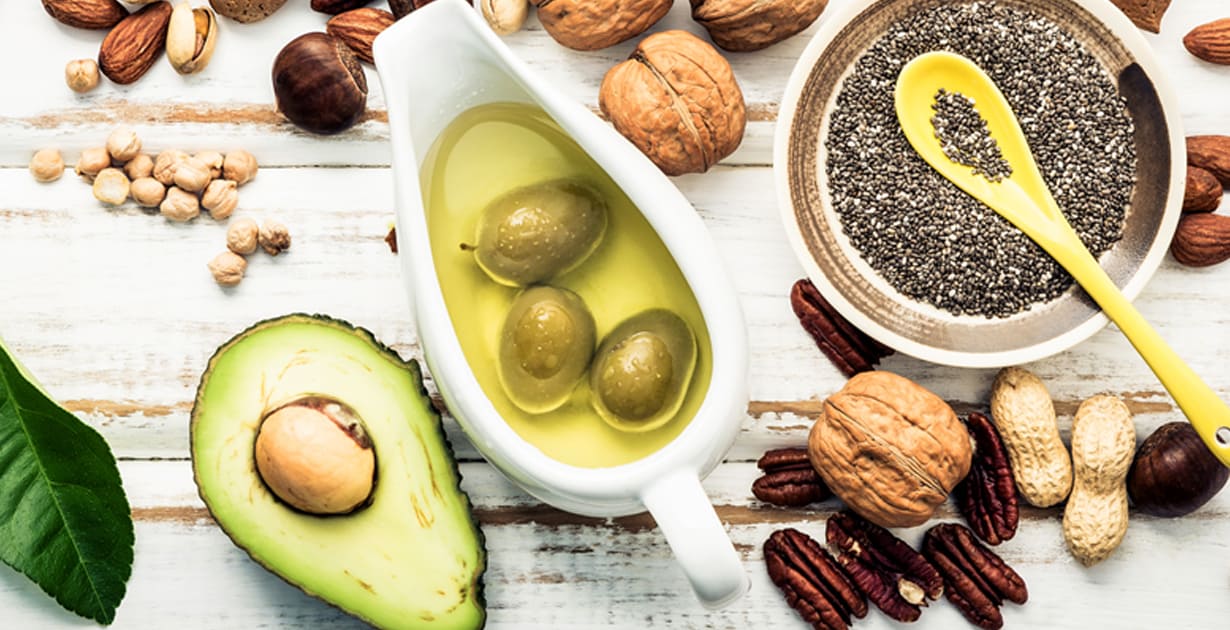
In the modern world, everyone is exposed to a mixture of chemical compounds daily, as well as many foods and nutrients that can upregulate the body’s natural processes of eliminating those toxicants. An overloaded detoxification pathway may lead to clinical patterns such as immune dysfunction or endocrine disruption that indicate potential toxic exposure. Food and nutrients that support liver biotransformation may help alleviate toxic burden, allowing the body to operate more efficiently and improve resilience.
IFM’s Detox Food Plan benefits patients by helping them eat more of those foods that support pathways in the liver for healthy elimination, as well as reduce additional exposures to toxic compounds. In Functional Medicine, practitioners often utilize the phytonutrient-dense Detox Food Plan to support intestinal and liver function during the metabolic detoxification process. IFM certified practitioner (IFMCP) and educator Deanna Minich, PhD, CNS, shared the following view: “To me, the Detox Food Plan is one of the easiest food plans to follow. I don’t use caloric limits, but rather focus on the quality protein, healthy fats, and abundant greens/non-starchy vegetables to ensure that metabolic detoxification processes have a good nutritional foundation.” In the following video, Richard Mayfield, DC, CCN, DACBN, also an IFM educator and IFMCP, expands on how the Detox Food Plan works and why:
Foods and phytonutrients for biotransformation and elimination
Dietary changes can help patients with elevated toxicant exposures. Foods that may support the biotransformation of polychlorinated biphenyls (PCBs), for example, include cruciferous vegetables, berries, soy, garlic, and spices like turmeric.1 Among the vast array of phytonutrients currently being studied for this purpose, sulforaphane, curcumin, quercetin, and resveratrol have been reported to stimulate the expression of endogenous detoxification enzymes and may neutralize harmful environmental agents.2
Phase I and phase II enzymes
Phytonutrients in cruciferous vegetables, including a rich amount of glucosinolates that are hydrolyzed to bioactive isothiocyanates such as sulforaphane, regulate liver enzymes, phase I cytochrome P450 (CYP450) enzymes, and phase II conjugation enzymes to increase biotransformation rates.3,4 Polyphenols also affect CYP450 metabolism, supporting the biotransformation processes—particularly of estrogen.5
As another example, soy and soy isoflavones have many effects on the CYP450 enzymes.6,7 For patients without an allergy, soy is included in the Detox Food Plan. In a randomized controlled trial of patients with non-alcoholic fatty liver disease (NAFLD), a low-calorie diet including soy resulted in significant improvements in liver enzymes, even when compared with other low-calorie diets.8
Members Only Content
To continue reading please subscribe to WellnessPlus by Dr. Jess MD
Be your own best doctor with our comprehensive suite of online health coaching tools.
